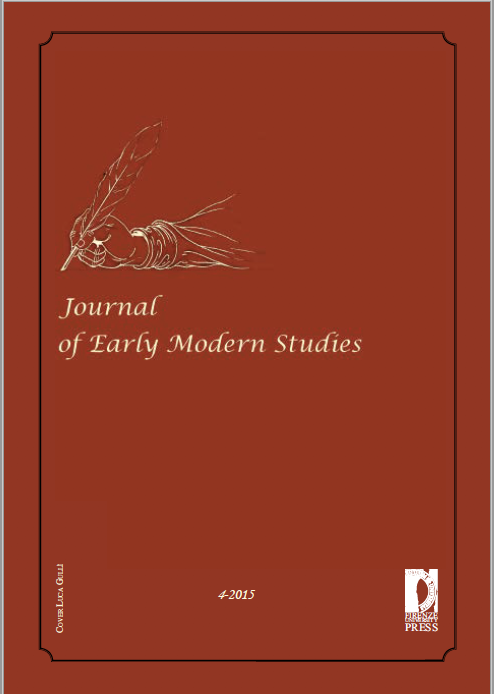Published 2015-03-02
Keywords
- Domestic Service,
- Early Modernity,
- England,
- Long Eighteenth Century
How to Cite
Abstract
This article surveys scholarship dealing with domestic service in England at the latter end of early modernity. Neglected by British social historians of ‘productive’ working classes, servants began to attract serious interest only after demographers of the 1970s showed that in the north and west of pre-industrial Europe youths of all social ranks passed several years in ‘life-cycle service’. The concept has proved controversial, but fruitful for study of the family and of the many functions performed within the extended household. In the 1980s feminism, and the revival of servant-keeping, stimulated interest in modern domestic workers, to whom those of earlier times were often assimilated. The focus has since shifted to radical changes (feminisation and proletarianisation) taking place in the later eighteenth century, and away from the complex hierarchies typical of great houses onto middling-sort servant-keeping. Recently historians have investigated the agency enjoyed by eighteenth-century servants, and affective aspects of household relationships. Archival research, facilitated by digitalisation, studies of material culture and household spaces, willingness to read between the lines and against the grain, now offer greater insight into the experiences of and cultural forms used by this group of labouring-class men and women.


